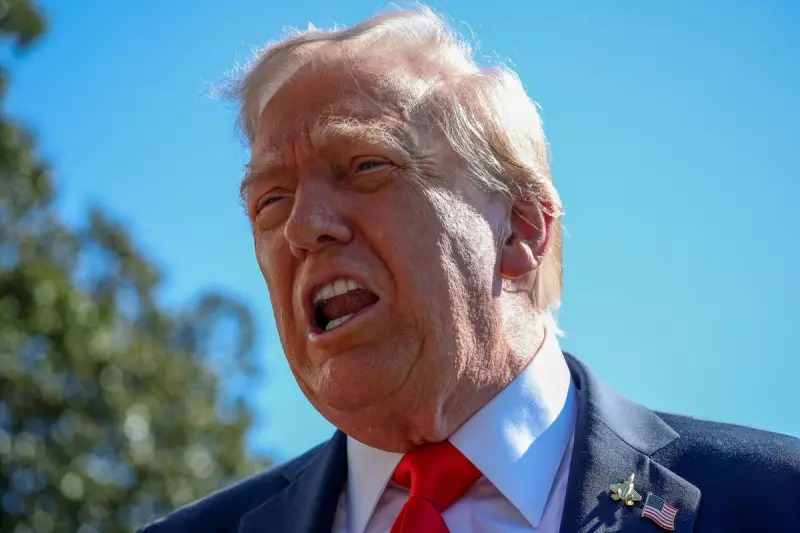
In a move that could reignite global trade tensions, former President Donald Trump has revealed plans to impose staggering 60% tariffs on all Chinese imports if he returns to the White House. This aggressive trade policy proposal has sent shockwaves through financial circles, raising concerns about potential market instability and renewed economic confrontation between the world's two largest economies.
The Return of Trade War Tactics
During a recent interview, Trump doubled down on his protectionist stance, declaring that his administration would take decisive action against what he describes as China's "unfair trade practices." The proposed tariffs represent a significant escalation from his previous trade policies, which saw tariffs ranging from 7.5% to 25% on approximately $350 billion worth of Chinese goods.
Market Jitters and Economic Implications
Financial analysts are warning that such drastic measures could trigger:
- Substantial increases in consumer prices across multiple sectors
- Potential retaliation from Beijing affecting American exporters
- Disruption to global supply chains still recovering from pandemic-era challenges
- Increased volatility in stock markets sensitive to trade policy changes
The announcement comes at a delicate time for global markets, which have been navigating inflationary pressures and geopolitical uncertainties.
Broader Economic Strategy
Trump's tariff proposal forms part of a wider economic vision that includes tax cuts and deregulation. However, economists question whether the benefits of protectionist policies would outweigh the likely consequences of higher consumer costs and potential damage to international trade relationships.
Historical context matters: During Trump's previous term, his administration's trade policies led to China imposing retaliatory tariffs on American agricultural products, particularly affecting farmers in key political states.
Political Calculations and Global Reactions
With the 2024 presidential election looming, trade policy has emerged as a defining issue between competing economic philosophies. The proposal signals Trump's continued commitment to an "America First" approach, even as some allies express concerns about the stability of international trade frameworks.
International observers are closely monitoring these developments, aware that renewed US-China trade tensions could have ripple effects across the global economy, potentially impacting growth forecasts and investment strategies worldwide.





